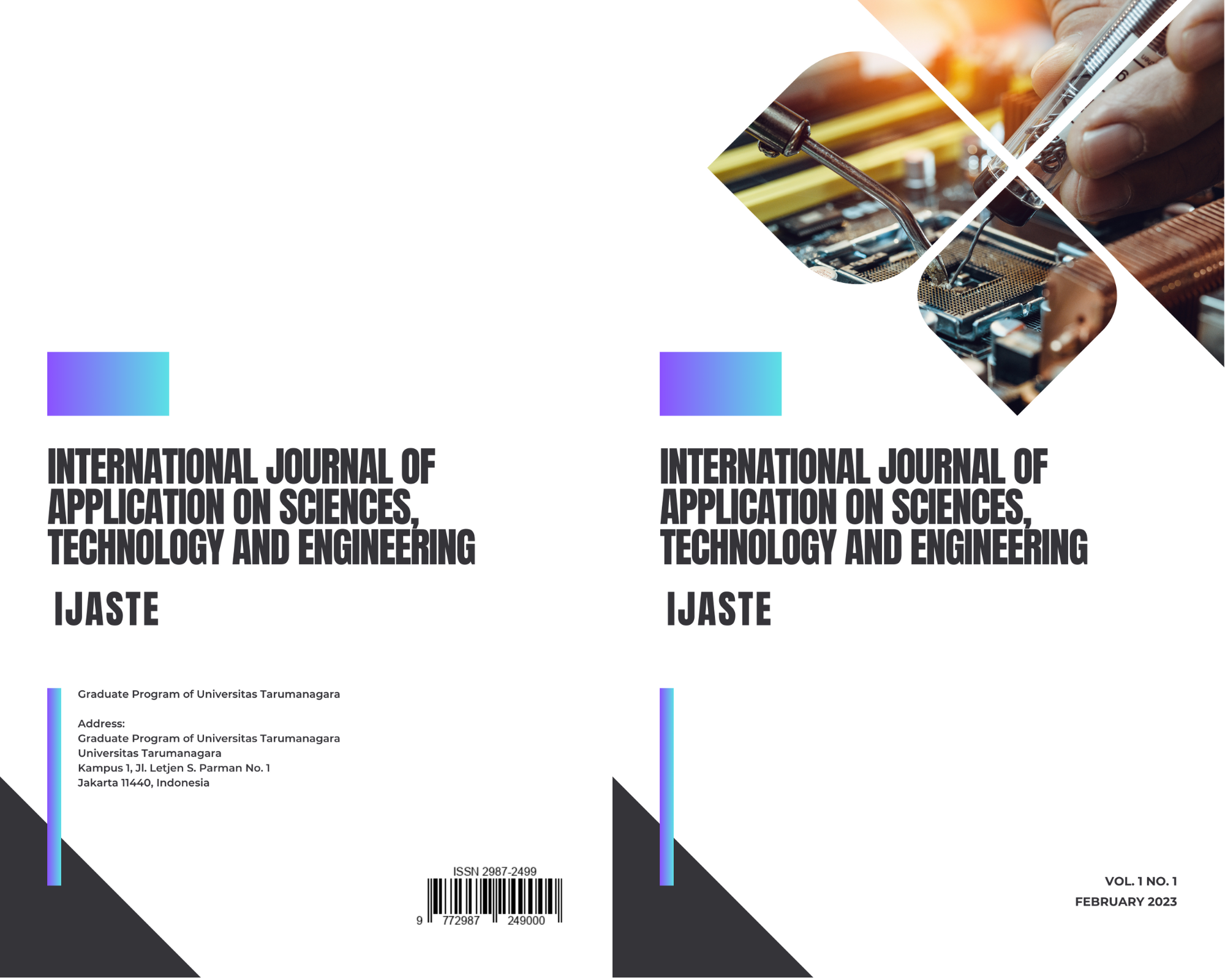Logistic Regression Method for Sentiment Analysis Application on Google Playstore
Main Article Content
Abstract
Now days, there are a lot of social media. Each of social media has their one purpose. Each of application has their own function. We can download social media application from Playstore like Google Play or Appstore. Each Playstore gives users the opportunity to provide rating and review. Ratings and reviews from users can give conclusions about the application. Applications with a rating of 5 usually have good comments so that they are more worthy to be downloaded and used. Ratings with a small value cause other users not to use the application. Application owners need to know the results of comments from users which sometimes do not match the value given in the rating. So that the owner or application developer conducts an analysis of user comments on various social media, one of which is on the Playstore. Social media analysis is one way to get public opinion on a topic. One of them is used to analyze various applications provided in the Playstore. Various methods are used to perform social media analysis. This study uses the logistic regression method to analyze public comments into positive or negative comments. We analyze comments from social media applications on Google Play for android users. We get an accuracy value of 81% from 4 social media applications, with a total of 2268 comment data.
Article Details
Section

This work is licensed under a Creative Commons Attribution-NonCommercial-ShareAlike 4.0 International License.
References
Kleinbaum, David G., K. Dietz, M. Gail, Mitchel Klein, and Mitchell Klein. Logistic regression. New York: Springer-Verlag, 2002. h. 5 - 6.
Güner, Levent, Emilie Coyne, and Jim Smit. "Sentiment analysis for amazon. com reviews." Big Data in Media Technology (DM2583) KTH Royal Institute of Technology 9 (2019).
Nengsih, Warnia, M. Mahrus Zein, and Nazifa Hayati. "Coarse-grained sentiment analysis berbasis natural language processing–ulasan hotel." Jurnal Nasional Teknik Elektro dan Teknologi Informasi 10, no. 1 (2021): 41-48.
Nguyen, Heidi, Aravind Veluchamy, Mamadou Diop, and Rashed Iqbal. "Comparative study of sentiment analysis with product reviews using machine learning and lexicon-based approaches." SMU Data Science Review 1, no. 4 (2018): 7.
Jordan, Michael I., and Tom M. Mitchell. "Machine learning: Trends, perspectives, and prospects." Science 349, no. 6245 (2015): 255-260.
Neri, Federico, Carlo Aliprandi, Federico Capeci, Montserrat Cuadros, and Tomas By. "Sentiment analysis on social media." In 2012 IEEE/ACM international conference on advances in social networks analysis and mining, pp. 919-926. IEEE, 2012.
Yue, Lin, Weitong Chen, Xue Li, Wanli Zuo, and Minghao Yin. "A survey of sentiment analysis in social media." Knowledge and Information Systems 60, no. 2 (2019): 617-663.
Indra, S. T., Liza Wikarsa, and Rinaldo Turang. "Using logistic regression method to classify tweets into the selected topics." In 2016 international conference on advanced computer science and information systems (icacsis), pp. 385-390. IEEE, 2016.
Bhargava, Kunal, and Rahul Katarya. "An improved lexicon using logistic regression for sentiment analysis." In 2017 International Conference on Computing and Communication Technologies for Smart Nation (IC3TSN), pp. 332-337. IEEE, 2017.
Zhang, Xu, Rui Pan, Guoyu Guan, Xuening Zhu, and Hansheng Wang. "Logistic regression with network structure." Statistica Sinica 30, no. 2 (2020): 673-693.
Christanti, M. Viny, and Tri Sutrisno. "Comments Scraping Application for Review Youtube Content." In IOP Conference Series: Materials Science and Engineering, vol. 852, no. 1, p. 012167. IOP Publishing, 2020.
Saurkar, Anand V., Kedar G. Pathare, and Shweta A. Gode. "An overview on web scraping techniques and tools." International Journal on Future Revolution in Computer Science & Communication Engineering 4, no. 4 (2018): 363-367.
Manjushree, B. S., and G. S. Sharvani. "Survey on Web scraping technology." Wutan Huatan Jisuan Jishu 16 (2020): 1-8.
Tripathi, Alok Mani. Learning Robotic Process Automation: Create Software robots and automate business processes with the leading RPA tool–UiPath. Packt Publishing Ltd, 2018.
Scott, William. "TF-IDF from scratch in python on real world dataset." Towards Data Science 15 (2019).

